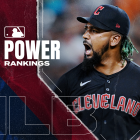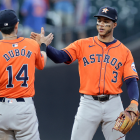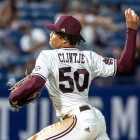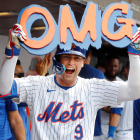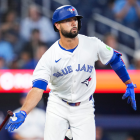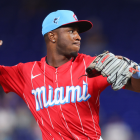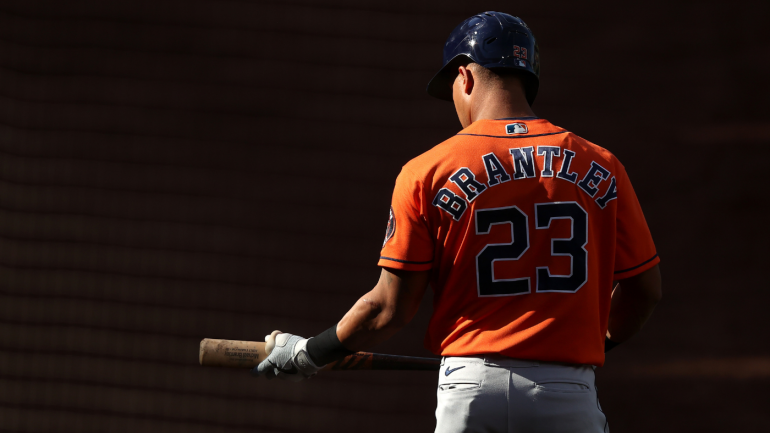
Last month, the Los Angeles Dodgers defeated the Tampa Bay Rays in the 2020 World Series, winning their first title since 1988. The final out in Game 6 sent Major League Baseball into the offseason portion of its year, where it will remain until next spring. In the time since, the free-agent market has opened and teams have made their calls on tendering qualifying offers.
What comes next? For a narrative-free look, we encourage you to check out our offseason calendar; if you are instead the messy type, then below we've asked and examined five Big Questions that will dictate the offseason that shall be, ranging from the frostiness of the market to what the 2021 regular season will look like when things are all said and done.
1. How cold is the free-agent market going to be?
Well, it's not going to be pleasant.
Teams are going to behave in fiscally conservative ways this winter in response to the financial losses incurred throughout the pandemic and the fan-less season. That means you're likely to see a slow-developing market for most free agents -- and that you'll see more free agents in general.
A league insider who spoke to CBS Sports predicted two things: 1) that Mookie Betts would look wise for signing the extension that he did with the Dodgers; and 2) that the non-tender class could be robust, to the extent that it throws the supply-demand ratio out of whack. Think of it this way: the greater the number of available players, the less inclined teams feel to pay up.
It's going to be a tedious offseason, then, for players who are hunting for new gigs. The agents who adjust the quickest to the league's new dynamics will likely enter the spring with the happiest clients, even if they aren't as happy as they thought they'd be this time a year ago.
2. Which stars could be on the move?
If you were betting on a single star changing teams this winter, then it would be wise to bet on that star being Cleveland shortstop Francisco Lindor. He's about to enter his final season before free agency, and Cleveland is and has always been aggressive with getting something in return before those players can hit the open market.
Otherwise, Chicago Cubs third baseman Kris Bryant is likely to be a popular name, and it shouldn't come out of left field if the Colorado Rockies have renewed conversations about Nolan Arenado after falling short of the postseason once again.
3. Will 2021 be a normal season?
So much hinges on the state of the pandemic come next spring. It's at least plausible that the league will have to make adjustments to its schedule, be it the exhibition and/or regular season, before the games get underway. What that could entail is anyone's guess.
League insiders have suggested that some teams intend to have fans in the seats, but, again, that doesn't mean a heck of a whole lot at this point in time; too much remains unknown.
4. What rule changes will stick?
MLB used the 2020 season as a testing ground for various rule changes, including the implementation of the expanded postseason, the universal DH, and the runner-on-second-in-extras rule. MLB also played seven-inning doubleheaders.
Which, if any of those, will remain in place come 2021?
All of those alterations had been floated or were already in place in the minors heading into 2020. As such, our best guess is that the league and the union will agree to keep a few of them around, with the universal DH appearing to be the most agreeable: the union nets 15 new starting positions, while the league receives the boost in offense that it always seems to desire.
The expanded postseason is a moneymaker, meaning it's also likely to hang around in some fashion. Seven-inning doubleheaders should remain in place at least until the pandemic is over and the regular-season schedule returns to its normal, more dependable structure.
5. Will there be a rash of pre-arbitration extensions?
It stands to reason that if money is tight and free agency is unattractive, then teams will look for cost certainty while players seek long-term security. In other words, it could be a fertile winter for long-term extensions for players who are either in arbitration or who haven't yet reached it.
Whether that proves to be the case is to be seen, but don't be surprised if teams look to lock down some of their young players as a means of gaining control over their financial situations -- and don't be shocked if players go along with it as as means of acquiring peace of mind, either.










